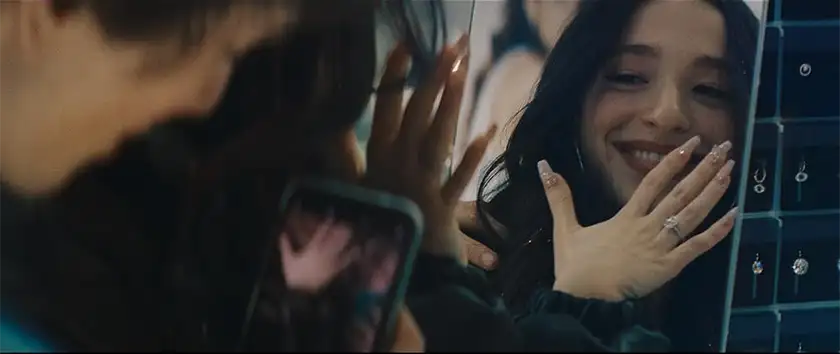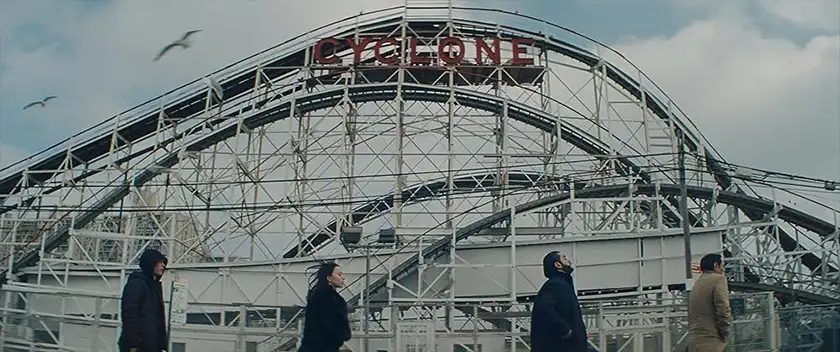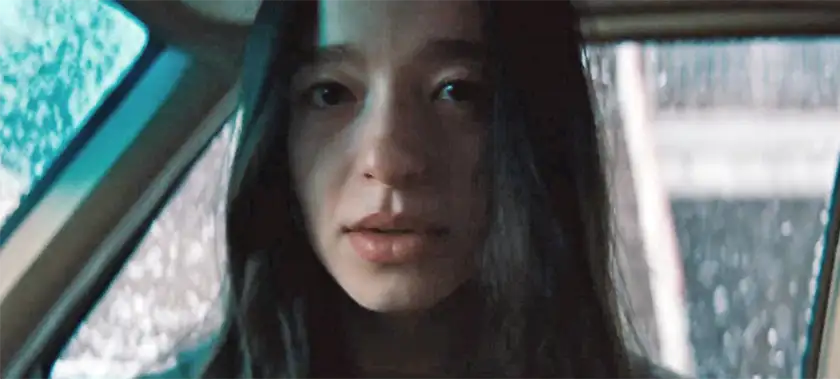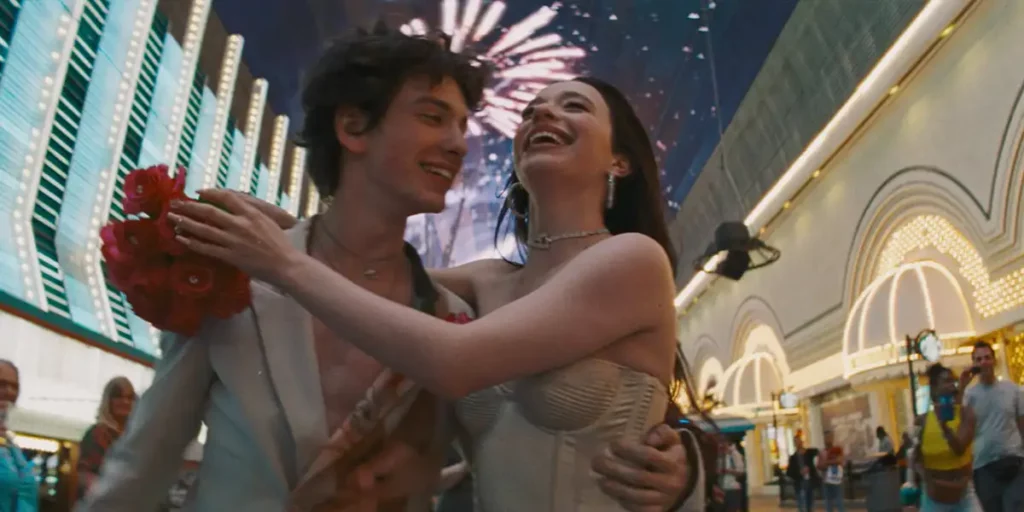The final scene of Anora may throw off some movie viewers. Let’s go through Sean Baker’s film and help get its ending explained.
I was dreading going into Anora. Not because it looked like a bad movie, but because it’s been hyped up so much that I was afraid of what would happen if I was underwhelmed by it. But that fear didn’t come to pass; Anora is fantastic. Many have already explained why, but some viewers may be thrown off by its final scene and ending. The film sees Mikey Madison (Scream) star as Anora “Ani” Mikheeva, a Brooklyn stripper who begins a whirlwind affair with her client Ivan “Vanya” Zakharov (Mark Eydelshteyn), the wealthy son of a Russian oligarch. The two hastily get married, only for Vanya’s parents to forcefully interfere to get the marriage annulled.
If you’re looking for cut-and-dry answers to how you should feel about every character or what every development should mean to you, you’re not getting that with this movie. Nor are you getting it with this article (but I promise it’s still really good so please keep reading). Anora sees everyone operate in various shades of emotional and/or ethical grey, all the way up to an ending that leaves you in a very heavy, bittersweet place regarding what’s become of Anora herself. Naturally, I have my own thoughts on what the film leaves us with, all of which will require going into spoilers for the whole movie and, obviously, the final few minutes. So, let’s go through Anora and – from my perspective – get its ending explained.
Anora is the Destruction of a Love Story

Anora has been advertised as a love story, which it is … for about 45 minutes. Sure, the first portion is all about Ani and Vanya’s rapidly escalating romance as Vanya goes from Ani’s client to her lover to her husband, after their week-long excursion in Vegas filled with recklessly wild, high-octane antics. But as soon as Vanya’s family catches wind of the marriage and sends their henchmen to clean up the mess, the rest of the movie is a protracted, chaotic, total destruction of that love story. The couple’s house is torn apart in one long scene, Vanya leaves Ani to fend off an attack from the henchmen, and they force her to lead them around to find Vanya while insisting the marriage will be terminated.
Ani’s only hope is that Vanya will stand up for their love. But not only is he found drunk at a strip club, completely shirking his duties to her, but he immediately gives in to his parents’ demands and agrees to the annulment. At this point, after fighting tooth-and-nail at every turn against such prolonged strain and abuse, Ani is finally forced to accept that the Cinderella story she’d been experiencing was always just as much a fairy tale as the actual fairy tale, and she lets Vanya go. Even if you still see the first act of Anora as a love story, the new context of how superficial it always was at its core sucks out all the magic from that uplifting portion.
But the wanting of that love to have been and still be real remains, in us and in Ani herself … which leads us to the ending.
Anora Ending Explained

Once everything is over and done with, Ani is driven back home by Igor (Yuri Alexandrovich Borisov), one of the henchmen who clearly never felt any animosity towards her despite his orders. We see her grapple with this fact, torn between being civil with him and resenting his actions. Just as she’s about to leave him, a distraught and traumatized Ani initiates sex with him in his car. When he starts returning the act, however, she resists. Finally, she simply collapses crying into his arms as the movie cuts to the credits. It’s then left to us to understand why she suddenly made this move, why she backed out, and what that says about how she’s handling this entire disaster.
Ani’s life and stripper job before meeting Vanya aren’t shown as miserable, but she clearly dreams of grander things while also being a very passionate person. She’s also, like Vanya, very sexually forward. As in, several scenes show the two of them humping at such ridiculously fast speeds I’m surprised no skin got peeled off. (I’m so sorry for that mental image.) When Anora feels a rush like that, she strikes me as someone who keeps chasing that rush, desperate to maintain such euphoria. And perhaps because of her dissatisfied youth, she eventually starts confusing that with genuine, long-lasting love between her and Vanya.
So, after she’s had that euphoria smashed to pieces in every conceivable way, putting her right back where she started, and she’s alone with the one person who even tried to befriend her throughout the whole nightmare, what does Ani do? She begins making the same mistake she did with Vanya: trying to initiate that rush all over again, mistaking it for a true connection. But this time, she snaps out of it and realizes that all she’s doing is running away from the pain. She doesn’t need a passionate sexual affair; she just needs comfort from the closest person she can call a friend in that moment. The final scene is her last-ditch effort to deny the reality of her broken dreams before she finally lets it hit her.
What the Final Scene of Anora Means for Both Characters

One of the best aspects of this film is how three-dimensional every character is. Everyone is portrayed as deeply flawed, but almost no one is made out to be a terrible person. Ani is obviously good at heart but often reckless. Igor and the other henchmen are brutish but still try to be reasonable from their own perspectives. Even Vanya is shown to, in part, be a product of his parents’ upbringing that never instilled in him any sense of responsibility. There are so many factors at play here – class, youth, desire, parental neglect, cultural differences, and institutional restrictions – that feed into everyone’s motivations and connections.
There’s tragedy to how many characters probably could be good for each other had at least one of these factors not been in play, but the final scene of Anora is when they finally are removed. If only for that one single moment, Ani and Igor allow themselves to just be two people trying to process everything they’ve been through. No orders, no denial, no strings … just a single act of kindness to cap off so much wrong that’s been done. You’re not sure exactly what to feel, other than that they both need this.
When you look through all the complications and insane mishaps, Anora ultimately boils down to a story about youth, dreams, and what the world can do to them. Its ending gives no easy answers about how you should approach or react to these topics. It just signifies what a struggle it is to be put through love, pain, and confusion in such rapid succession, and how these characters respond when it’s time to turn the page on this chapter of their lives. So, if you walk out of the movie understanding its ending but conflicted on what it’s trying to say, know that that’s very likely the heartbreaking point.
Anora is now available to watch in US theaters, in UK & Irish cinemas, and globally in theaters. A digital release hasn’t been announced yet. Read our review of Anora and our “Saltburn movie and ending explained” article!

